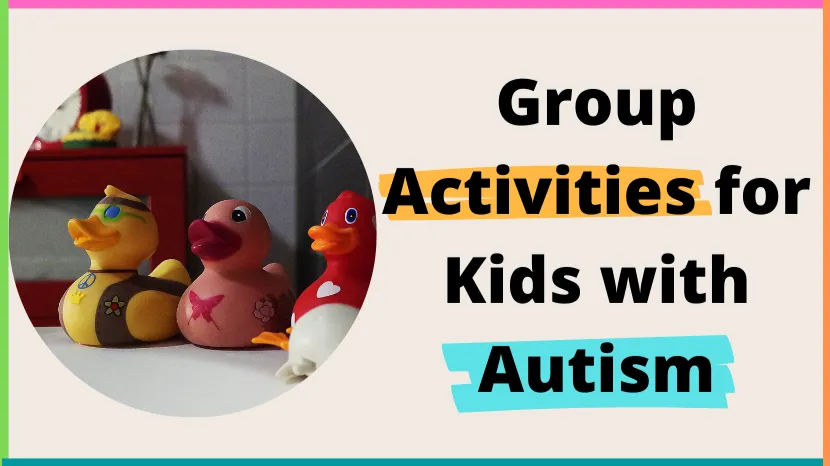
Communication
If your child has autism, you can help them communicate better by:
- Using their name so they know you’re speaking to them
- Speaking slowly and clearly
- Keeping language clear and simple
- Giving them extra time to understand what you’ve just said
- Using simple gestures, pictures, or eye contact to help them understand what you’re saying
Avoid:
- Having a conversation in a noisy or crowded area
- Saying things that have more than one meaning like “break a leg”
- Asking your child a lot of questions
Trouble sleeping
Many kids with autism have a hard time falling asleep or staying asleep. You can help them by:
- Keeping a sleep diary to look for common issues
- Following the same bedtime routine each night
- Letting them use ear plugs to sleep, if they help
- Keeping their bedroom dark and quiet
- Talking to a doctor about issues that might affect their sleep
Socializing
To help your child make friends and socialize:
- Ask your child’s school if they can help.
- Ask your autism care team if they can give tips.
- Look into the National Autism Society directory for local social groups that can help those with autism.
- Ask for or read information from other parents of children who have autism.
Make sure you don’t:
- Force your kid into social settings if they want to be on their own instead.
- Put pressure on your child. Give them time to learn social skills.





